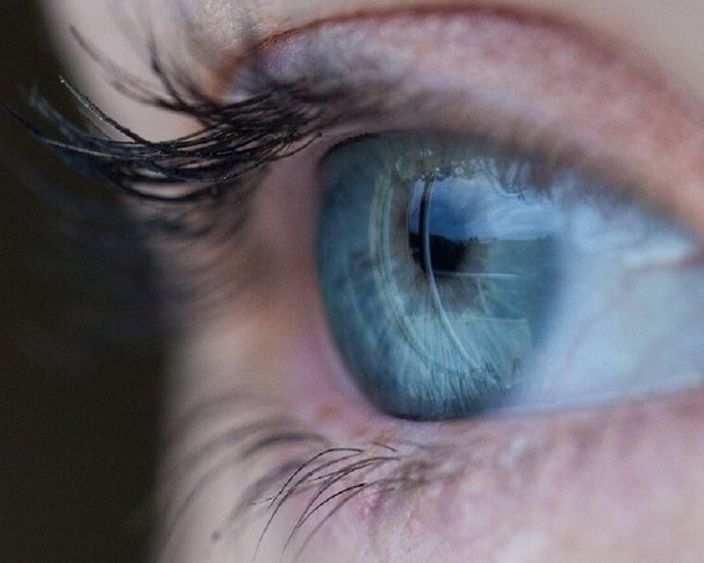Good news.
In a paper published last week in Nature, though, researchers from Hong Kong University of Science and Technology devised a way to build photosensors directly into a hemispherical artificial retina. This enabled them to create a device that can mimic the wide field of view, responsiveness, and resolution of the human eye.
“The structural mimicry of Gu and colleagues’ artificial eye is certainly impressive, but what makes it truly stand out from previously reported devices is that many of its sensory capabilities compare favorably with those of its natural counterpart,” writes Hongrui Jiang, an engineer at the University of Wisconsin Madison, in a perspective in Nature.
Key to the breakthrough was an ingenious way of implanting photosensors into a dome-shaped artificial retina. The team created a hemisphere of aluminum oxide peppered with densely-packed nanoscale pores. They then used vapor deposition to grow nanowires inside these pores made from perovskite, a type of photosensitive compound used in solar cells.
